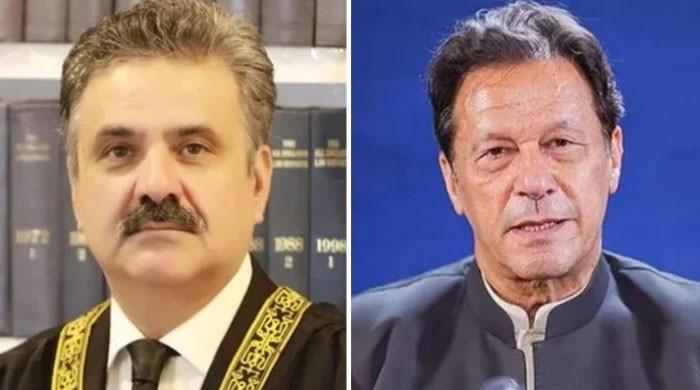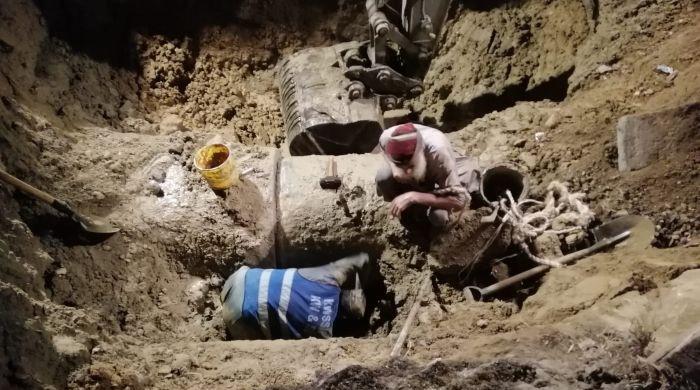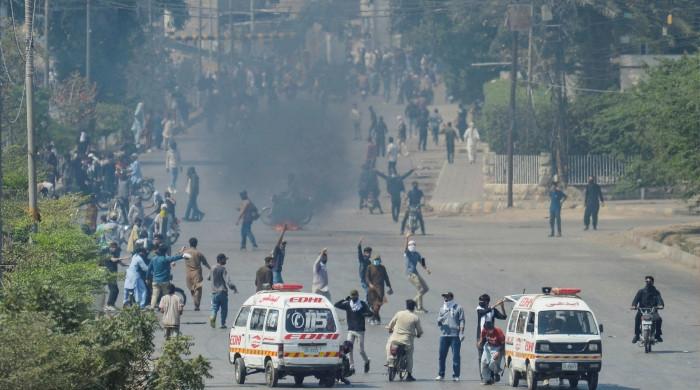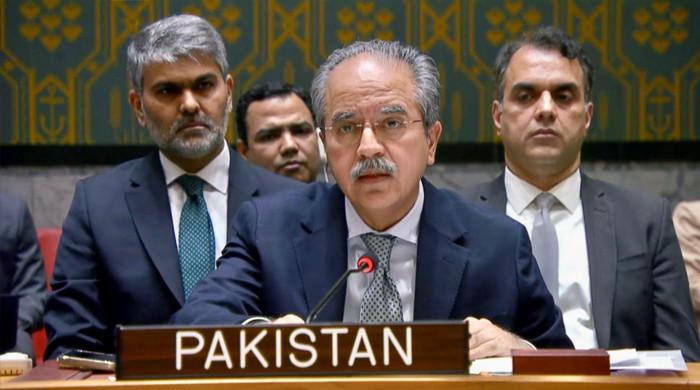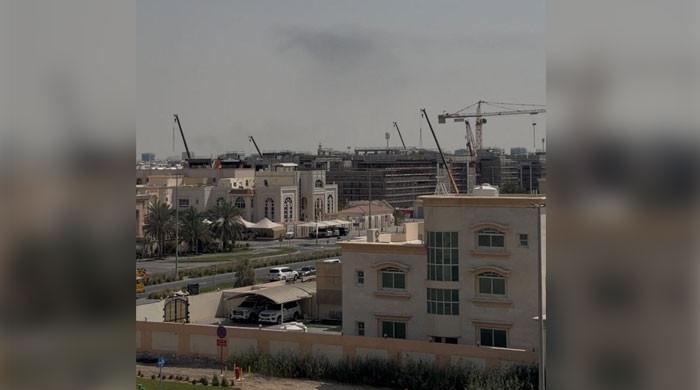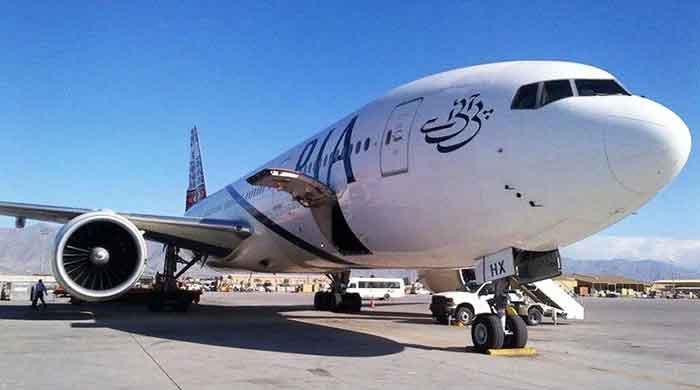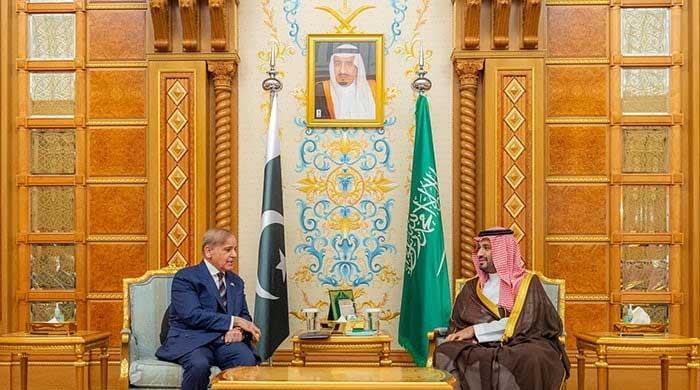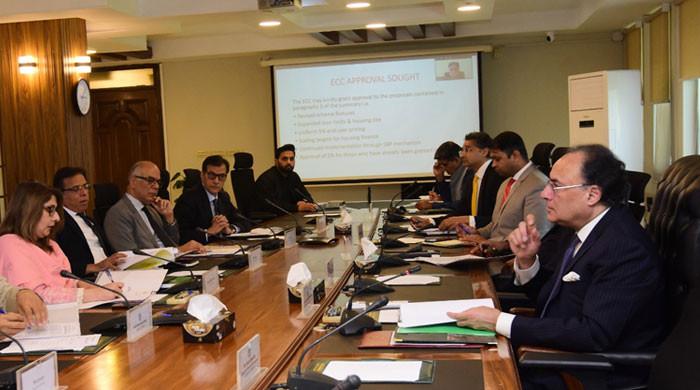Six-party alliance falling short of two-thirds majority in NA
Two-thirds majority in the lower house requires 224 seats, whereas the alliance has only 207 seats
February 25, 2024
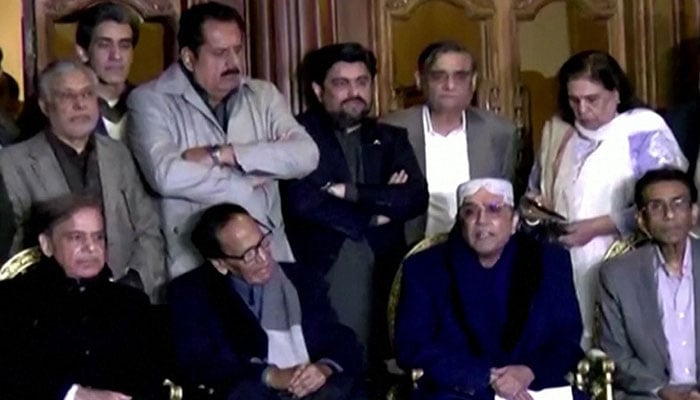
- Two-thirds majority in National Assembly requires 224 seats.
- PML-N, PPP emerge as second and third largest parties.
- Around 81 PTI-backed independent candidates join SIC.
ISLAMABAD: Despite arduous efforts, the six-party alliance is seemingly falling short of securing a two-thirds majority in the National Assembly with 207 seats, The News reported on Sunday.
The political landscape in Pakistan faced a rather unusual uncertainty after none of the parties, including the Pakistan Peoples Party (PPP), the Pakistan Muslim League-Nawaz (PML-N) and the Pakistan Tehreek-e-Insaf (PTI) affiliated candidates managed to secure a simple majority in the National Assembly in the February 8 polls.
With their 79 and 54 NA seats respectively, the PML-N and the PPP agreed to join hands to form a coalition government along with other political parties including Muttahida Qaumi Movement-Pakistan (MQM-P), Istehkam-e-Pakistan Party (IPP), Pakistan Muslim League-Quaid (PML-Q) and Balochistan Awami Party (BAP) for a coalition government.
In the 336-member National Assembly (NA), 169 votes are the magic number for the formation of a government, and around 224 are needed for a two-thirds majority.
The PML-N has emerged as the largest parliamentary party with 108 members after adding 20 reserved seats for women and four for minorities. The party got elected 75 members for the NA and after nine independents joined it, the tally reached 84. With the allocation of 20 reserved seats for women and four for minorities, its total strength has reached 108 members in the house.
Meanwhile, the PPP has 54 elected members and after the addition of 12 reserved seats for women and two for minorities, its total strength in the National Assembly has reached 68 members.
The total number of PML-N and PPP MNAs makes the magic number 169, needed for the formation of a government as members of both parties have a total strength of 168 members.
The MQM-P has 17 MNA's with the addition of four reserved seats for women and one for minorities, its total strength becomes 22 members in the NA. Whereas the PML-Q got elected three members and with one independent joining it, and the addition of one reserved seat for women, its strength in the NA has reached five.
Out of 99 independent candidates, who made it to the lower house of the parliament, 81 PTI-backed candidates have joined the Sunni Ittehad Council (SIC), while eight independent candidates opted not to join any party and got the status of independents in the NA.
The Jamiat Ulema-e-Islam Fazl (JUI-F) has six members and was allotted two reserved seats for women, making its total strength eight. Meanwhile, the IPP has three MNA members in the assembly.
Other parties including Majlis-e-Wahdat-e-Muslimeen Pakistan (MWM), BAP, Balochistan National Party (BNP), National Party, Pakhtunkhwa Milli Awami Party and Pakistan Muslim League-Zia have one seat each in the lower house.




